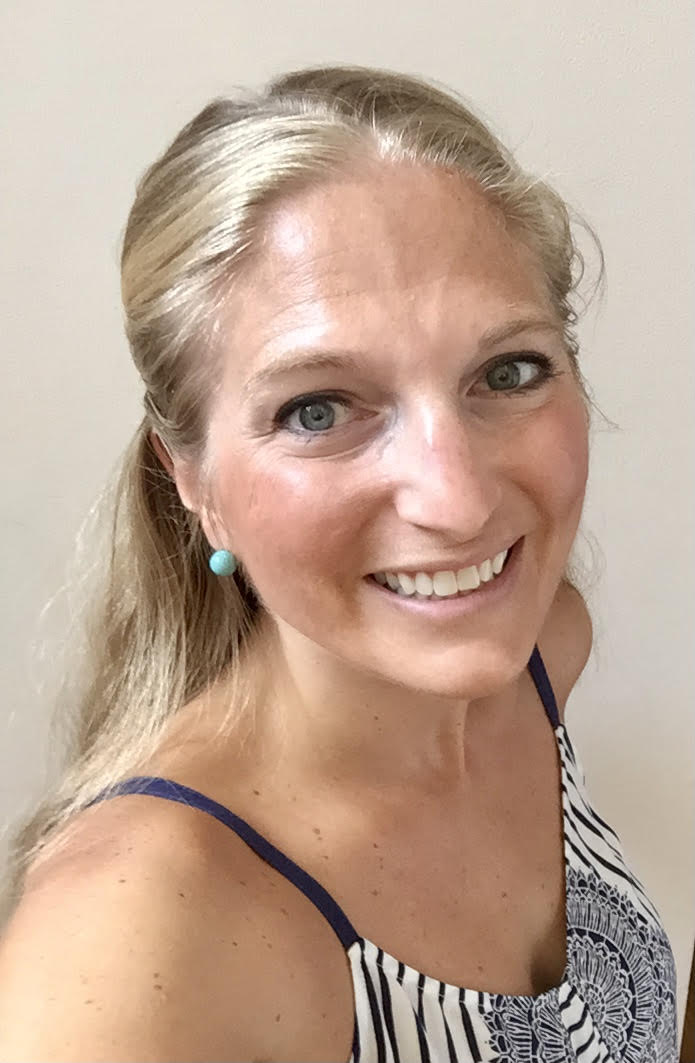Stronger Together: Community Builds Resilience

Creating Mental Strength Through Community Support
As most endurance athletes know, the journey can feel lonely. Athletes spend hours upon hours of training by themselves. They have to battle fatigue, discomfort, and doubt on their own. Whether running marathons, cycling long distances, training for triathlons, or competing in ultra-endurance events, the mental load can be just as heavy as the physical one.
Although endurance sports are often considered individual sports, there is still a space for building support through community. Some examples of support systems that athletes can benefit from include teammates, training partners, coaches, online groups, or even a really great friend! Having a support system in place can help athletes strengthen their psychological foundation, enabling them to thrive during training and competition.
Here are some ways building a strong community can enhance an athlete’s mental state.
1. Shared Struggles
Any endurance athlete can agree on the challenges that they encounter when they hit a hard training day. Being able to navigate this experience with someone who “gets it” helps to build a shared sense of resilience. It also allows athletes to normalize their feelings instead of internalizing them alone. Having this sense of shared struggle with others can also help an athlete push through challenges that might have initially held them back.
2. Community and Accountability
Team sport athletes have accountability partners built into their environment. Endurance athletes may struggle with maintaining accountability due to shifts in motivation and consistency. Incorporating accountability into training can help athletes stay disciplined, committed and motivated.
ADVERTISEMENT

3. Enhanced Confidence and Self-Belief
Receiving support and encouragement from others can help athletes boost their confidence levels. This support can assist an athlete in reframing setbacks, celebrating their progress, and remaining focused on the process, not just the outcome. The boost of support and encouragement can be just what an athlete needs to push through challenging moments.
4. Emotional Regulation Under Stress
Endurance training can experience a wide range of emotions- from happiness and excitement to frustration and worry. Athletes might feel that they are alone and could struggle to navigate the process. The benefits of having a supportive community include providing validation and reassurance during these times.
5. Creating a Sense of Belonging
Community provides an opportunity to exchange knowledge and creates a sense of belonging. Feeling connected with others helps to reduce stress, lower anxiety, and decrease burnout. Having a strong community increases joy, motivation, and commitment. Feeling a part of something bigger than yourself can help add meaning to training and the sport.
During long races or tough training cycles, athletes may struggle with mental strength. That’s when community becomes so important! Athletes don’t need a huge group to make up their community. The most important element is that there is a form of intentional connection that is exchanged.
Some ways an athlete can develop their community include joining a local running or cycling club, finding a trustworthy coach, training with a dedicated friend, connecting online with athletes or coaches, and even attending clinics. Athletes become stronger together when there is consistency, support, and alignment with training goals.
ADVERTISEMENT

JoAnne Bullard is a Doctor of Sport and Performance Psychology and a Certified Mental Performance Consultant through the Association for Applied Sport Psychology. She is also a Certified Strength and Conditioning Specialist through the National Strength and Conditioning Association.
She serves as a tenured Associate Professor at Rowan University and is the owner of Absolute Fitness, LLC. Her goal is to provide a holistically applied approach for clients through performance psychology consulting. She has experience working with athletes of all ages, including endurance athletes, in individual and group sessions. Her research areas include mindfulness, performance anxiety, goal setting, coping strategies, and mental well-being of athletes.
She has completed five marathons, numerous half-marathons, and is always looking for her next race.








